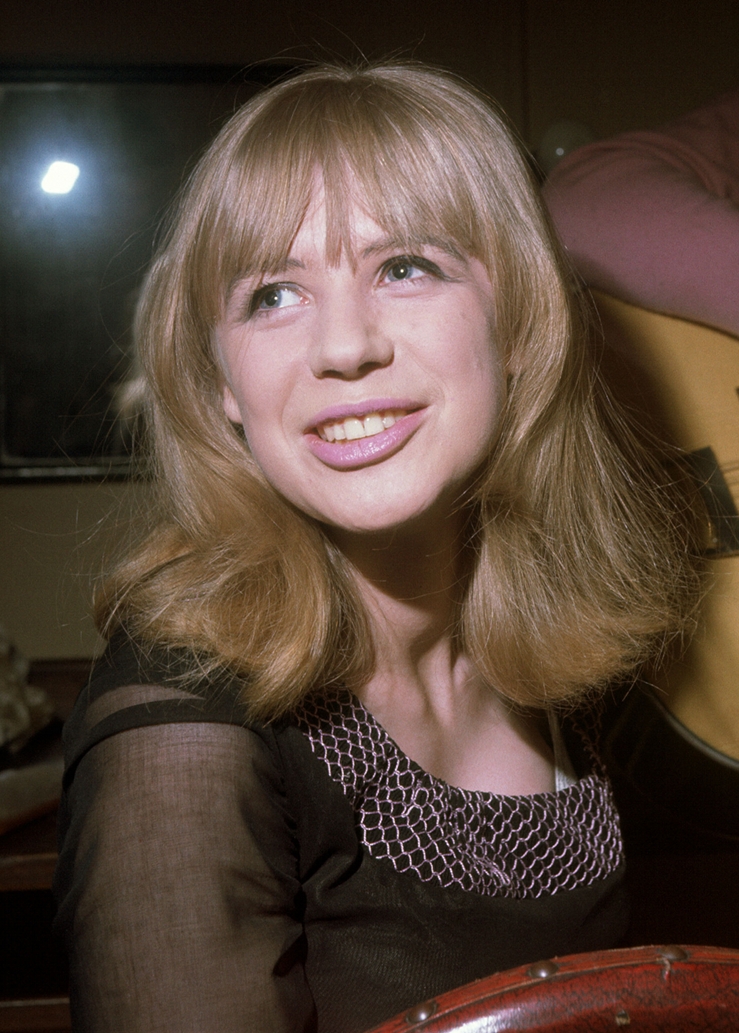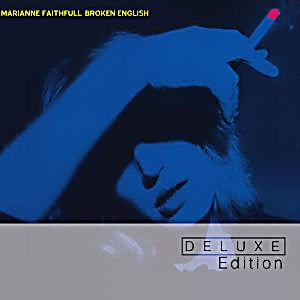


She was the thinking behind Sex's Brian Epstein T-shirt – that the myth of Swinging London covered up all kinds of darkness – made flesh: a member of the rock aristocracy who'd ended up a homeless junkie on the streets of Soho.

"Punk," Faithfull later recalled, "made Broken English possible."īut then, Faithfull was a very punk kind of 60s icon. The songs on her 1979 comeback album, Broken English, were premiered at a gig at the Music Machine in London, the bearpit venue where Bob Geldof was punched in the face in the middle of a Boomtown Rats gig and Richard Hell received such a grim reception that Rotten, of all people, took the stage to ask for calm. McLaren attempted to cast her as Sid Vicious's junkie mother in The Great Rock'n'Roll Swindle. At Malcolm McLaren and Vivienne Westwood's boutique, Sex, you could buy a T-shirt that not only featured the leather mask worn by the " Cambridge Rapist", but a photo of Brian Epstein and text claiming the Beatles' manager had died "after taking part in sado-masochistic practices".Īnd yet the punk generation seemed to make an exception for Marianne Faithfull.

Johnny Rotten was photographed raising his middle finger to a Beatles sleeve he'd covered in chewing gum. "No Elvis, Beatles or the Rolling Stones/ In 1977," sang the Clash. Admirably less tolerant than subsequent generations of the idea that the 60s were a matchless cultural high-water mark, punks made a great pantomimic show of disdaining the preceding decade. I n theory at least, there were more opportune moments in pop history for a forgotten 60s legend to stage a comeback than the late 1970s.


 0 kommentar(er)
0 kommentar(er)
